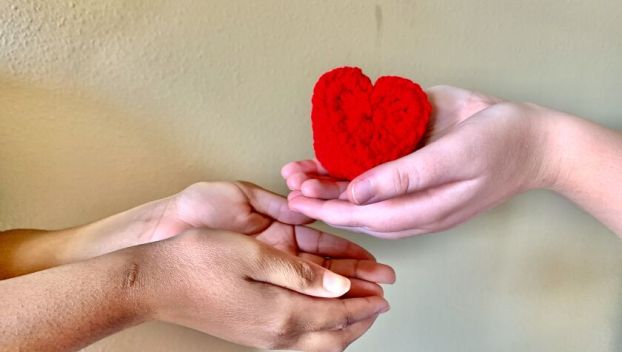
News
Some Louisiana organ transplant patients waiting up to 5 years and returning for second transplant
The average wait time for an organ transplant in Louisiana is 1-5 years. 67 percent of donors are ... Read more

The average wait time for an organ transplant in Louisiana is 1-5 years. 67 percent of donors are ... Read more